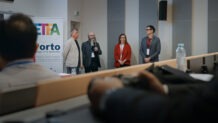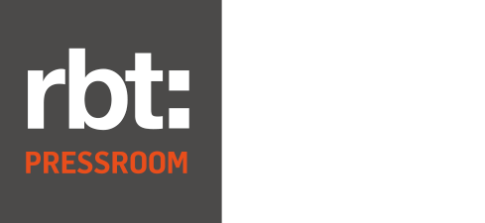Recent additions include US server infrastructure provider Stratus, Brazilian IoT startup Aimirim, and the European consulting and engineering services company Afry. US company Honeywell, known for its automation and control technology, is another particularly prominent new member. From the academic world, the University of Reims in France, the Parisian engineering school ISAE Supméca, and Postech Korea, one of the most prestigious universities in Asia, have also joined UAO.
Another record: Of the 22 technology manufacturers affiliated to UAO today, 12 – including Advantech, ASRock Industrial, Belden, Kongsberg, Phoenix Contact and R. Stahl – have now launched products of their own in which UAO’s runtime execution engine is implemented. In addition, there are numerous reference projects in which start-ups, mechanical engineering companies and manufacturing companies are already working successfully using the vendor-independent automation approach promoted by UAO. One of them, for example, was being presented at this year’s ARC Industry Leadership Forum from February 10 to 13 in Orlando. Brazilian start-up Aimirim was there to demonstrate how an entire factory belonging to British American Tobacco (BAT) has been digitally modernized and equipped with UAO’s runtime.
“I am so pleased that we were able to present a huge project like this in Orlando,” says UAO President Raquel Torres. “This is a wonderful opportunity for us to illustrate the benefits of decoupling hardware and software. It is also the best proof that our technology not only works in greenfield settings, but can also be retrofitted in existing plants.”
Manufacturer-neutral and software-defined automation
It is important to know that for UAO this is not about defining new standards or norms. Instead, the non-profit organization provides its members with a fully functional technology, a runtime execution engine, which acts like a sort of vendor-neutral automation layer, enabling them to open up proprietary system structures. If the runtime is implemented in a PLC controller, for example, the latter can be programmed without the need for a development environment from the same manufacturer or of the same generation. As a result, the hardware and software lifecycles are decoupled and it is easier to reuse the program code. This offers considerable advantages not only for migration and integration, but also for system flexibility and modernization.
The runtime execution engine is freely available to all UAO member companies and can be implemented in any number of automation components without any usage or license fees having to be paid. (Only an annual membership fee is payable.)
In addition to the runtime execution engine, UAO also provides members in the academic field with a fully developed curriculum complete with the accompanying teaching materials, which can be used free of charge for delivering seminars or lectures in the context of electrical engineering courses. The content focuses on the IEC 61499 standard, which forms the basis of UAO’s automation approach.
More information about UniversalAutomation.org’s automation approach and technology can be found here.












